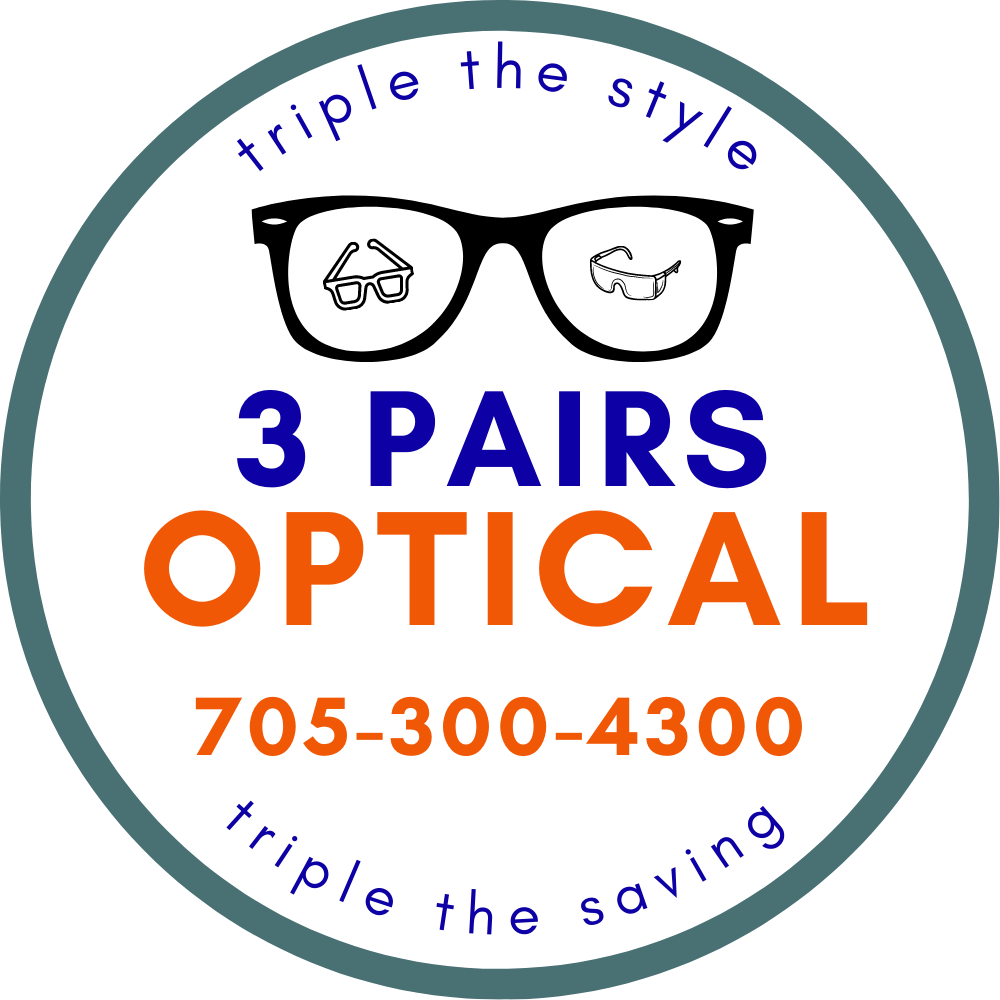Maintaining good eye health is essential for overall well-being. While many foods can enhance and protect your vision, some can negatively impact your eye health. Understanding which foods to avoid can help you keep your eyes in optimal condition. Here’s a look at foods that are not good for your eyes and why you should limit their consumption.
Processed and Junk Foods
High Sodium Foods
Consuming excessive amounts of sodium can lead to high blood pressure, which in turn can affect the blood vessels in your eyes. Over time, high blood pressure can damage the retina, leading to vision problems.
Examples:
- Packaged snacks (chips, pretzels)
- Canned soups
- Processed meats (bacon, sausages)
Why to Avoid:
- Increases the risk of developing hypertensive retinopathy
- Can lead to fluid retention and puffiness around the eyes
Sugary Foods and Beverages
High sugar intake can result in elevated blood glucose levels, which may cause damage to the blood vessels in the retina. This condition, known as diabetic retinopathy, is a common complication of diabetes.
Examples:
- Sodas and sugary drinks
- Candy and sweets
- Baked goods (cakes, cookies)
Why to Avoid:
- Contributes to the development of diabetic retinopathy
- Increases the risk of age-related macular degeneration (AMD)
Fried and Fatty Foods
Trans Fats
Trans fats are found in many fried and processed foods. These unhealthy fats can raise cholesterol levels and lead to clogged arteries, reducing blood flow to the eyes.
Examples:
- Fried fast foods (fries, fried chicken)
- Baked goods made with hydrogenated oils
- Margarine and shortening
Why to Avoid:
- Increases the risk of AMD and diabetic retinopathy
- Can cause inflammation, which may damage eye tissues
Saturated Fats
Like trans fats, saturated fats can raise cholesterol levels and contribute to the development of cardiovascular diseases. Poor cardiovascular health can impair blood flow to the eyes, affecting vision.
Examples:
- Fatty cuts of meat
- Full-fat dairy products
- Butter and lard
Why to Avoid:
- Contributes to poor blood circulation
- Increases the risk of retinal vascular occlusion
Refined Carbohydrates
White Bread and Pasta
Refined carbohydrates have a high glycemic index, which means they can cause rapid spikes in blood sugar levels. Frequent blood sugar spikes can damage the retina over time.
Examples:
- White bread
- White rice
- Regular pasta
Why to Avoid:
- Increases the risk of developing diabetic retinopathy
- Can lead to insulin resistance, affecting overall eye health
High Glycemic Index Foods
Foods with a high glycemic index can quickly raise blood sugar levels, leading to potential damage to the eyes. Consuming these foods frequently can be particularly harmful to people with diabetes.
Examples:
- Instant oatmeal
- Popcorn
- Potatoes
Why to Avoid:
- Contributes to the development of diabetes-related eye problems
- May increase the risk of cataracts
Alcohol and Caffeine
Excessive Alcohol Consumption
Drinking too much alcohol can lead to vitamin deficiencies, particularly of vitamin B1 (thiamine), which is crucial for eye health. Chronic alcohol abuse can also damage the optic nerve.
Why to Avoid:
- Can lead to optic neuropathy
- Increases the risk of dry eyes and cataracts
High Caffeine Intake
While moderate caffeine consumption is generally safe, excessive caffeine can lead to increased intraocular pressure, potentially worsening conditions like glaucoma.
Examples:
- Coffee
- Energy drinks
- Certain sodas
Why to Avoid:
- Increases the risk of glaucoma
- Can cause dehydration, affecting tear production and eye lubrication
Conclusion
Maintaining a balanced diet is crucial for preserving your eye health. By limiting the intake of processed and junk foods, sugary items, fried and fatty foods, refined carbohydrates, and excessive alcohol and caffeine, you can protect your eyes from various conditions and ensure better vision health. Focus on incorporating nutrient-rich foods that support eye health, such as leafy greens, fish, nuts, and fruits, to keep your vision sharp and clear.

